

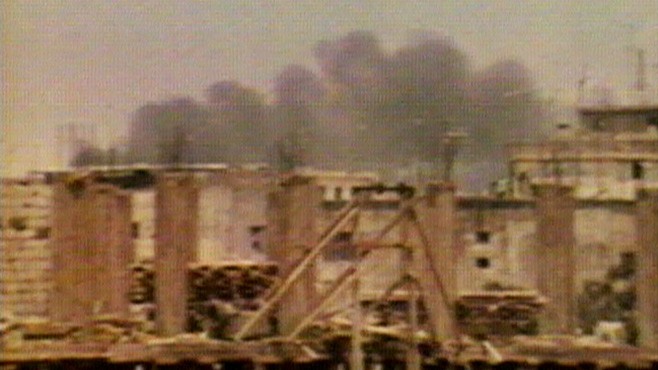
In yet another round of violence, Israel has launched an air strike on central Beirut, resulting in the deaths of at least five people and injuring 24 others. This attack comes as the militant group Hezbollah considers a proposed ceasefire backed by the United States in Lebanon. As tensions continue to escalate in the region, a large fire has also broken out in Tel Aviv following the raid sirens that sounded.
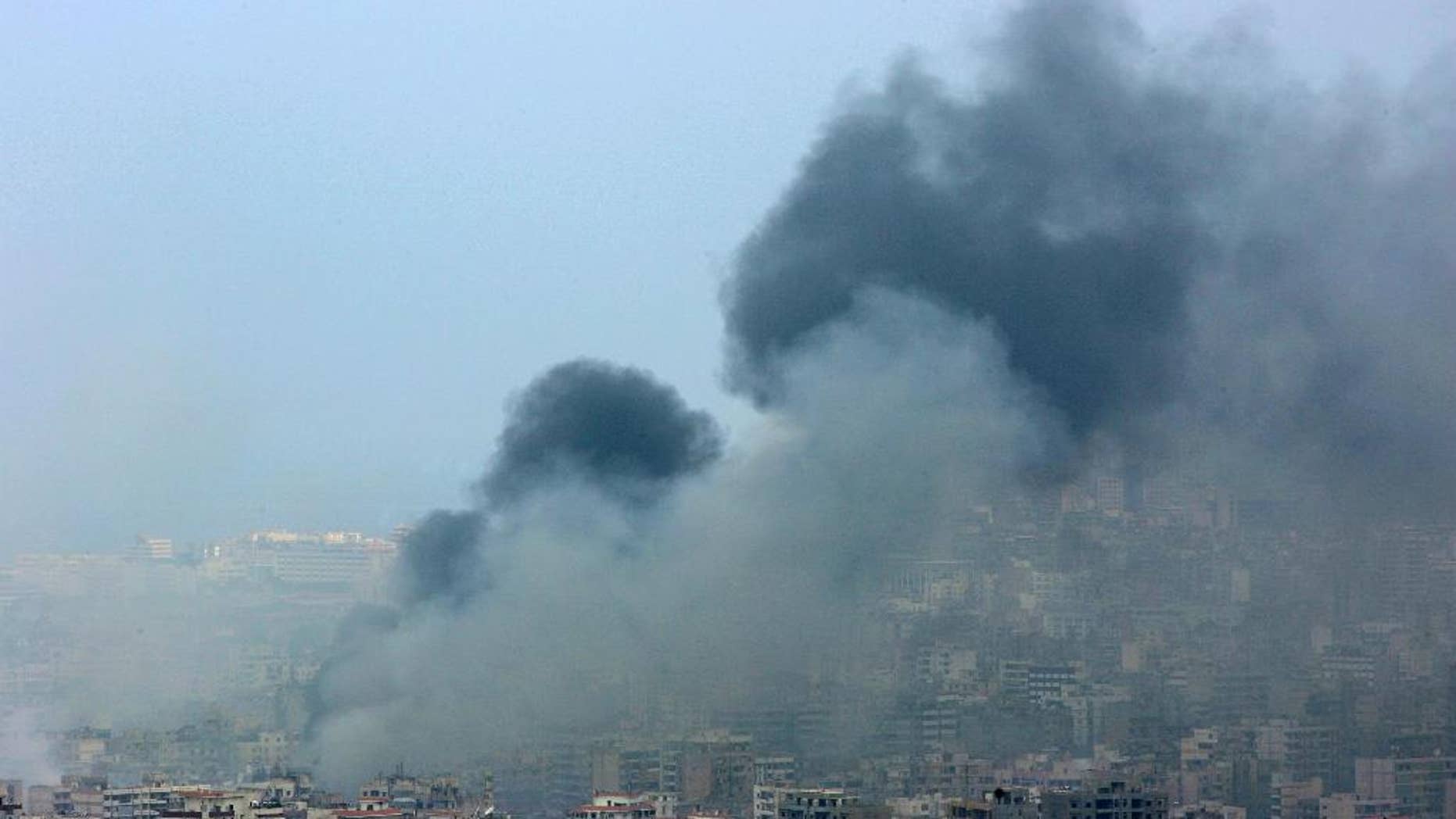
The ongoing conflict between Israel and Hezbollah intensifies as Israeli forces carried out a strike on Hezbollah's intelligence command center in Beirut. The attack resulted in significant damage, raising concerns about the escalation of violence in the region. Western countries are closely monitoring the situation and expressing growing concern about the potential consequences of the attack.

Israel continues its military strikes on the southern suburbs of Beirut, hitting Hezbollah weapons storage facilities. This comes after the Israeli military killed a Hezbollah commander and issued new evacuation orders in southern Lebanon. tensions between Israel and Iran continue to escalate as Iran resumes flights after a temporary cancellation due to Israeli threats of retaliation for their missile attack. This conflict is a year after the deadly Hamas attacks that rocked Israel in 7 October.
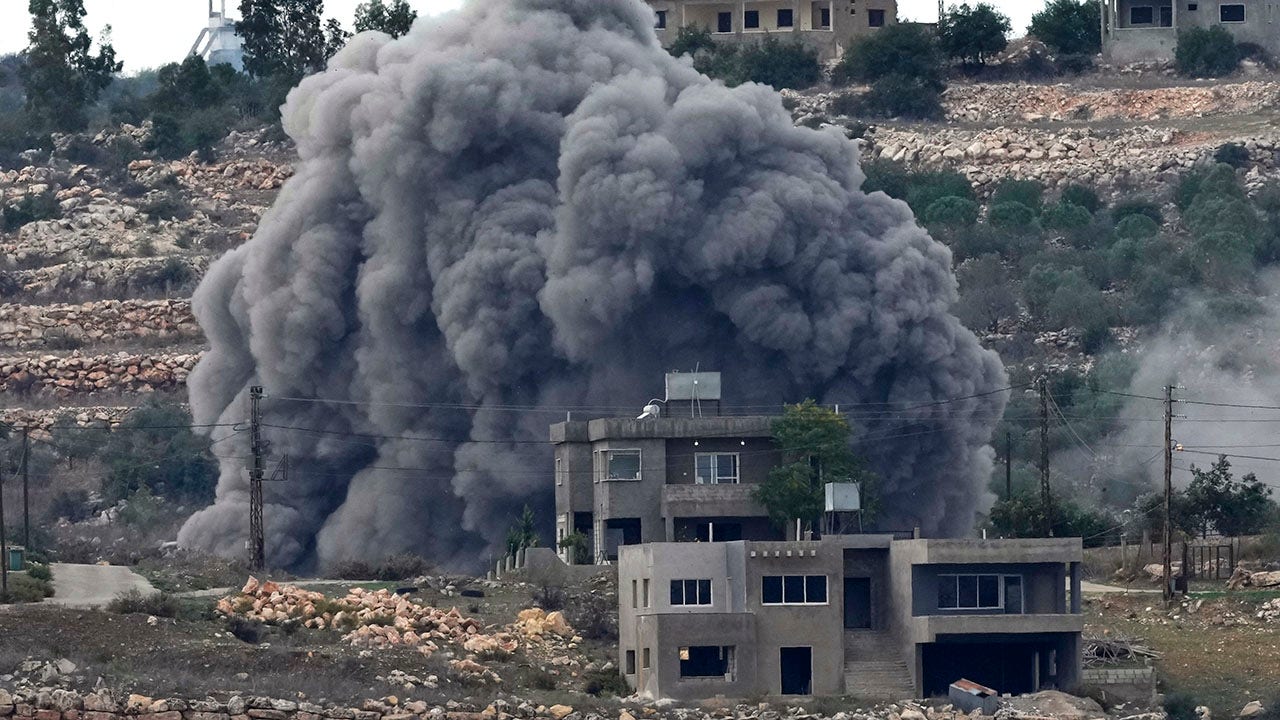
In the early hours of October 3, 2024, Israel launched a bombing in central Beirut, killing at least 6 people. This was in response to Hezbollah's deadly attacks on Wednesday that claimed the lives of 8 Israeli soldiers. The back-and-forth escalation between Iran-backed Hezbollah and Israel has increased concerns over the possibility of a regional war. Keep track of all the latest updates on the conflict here.
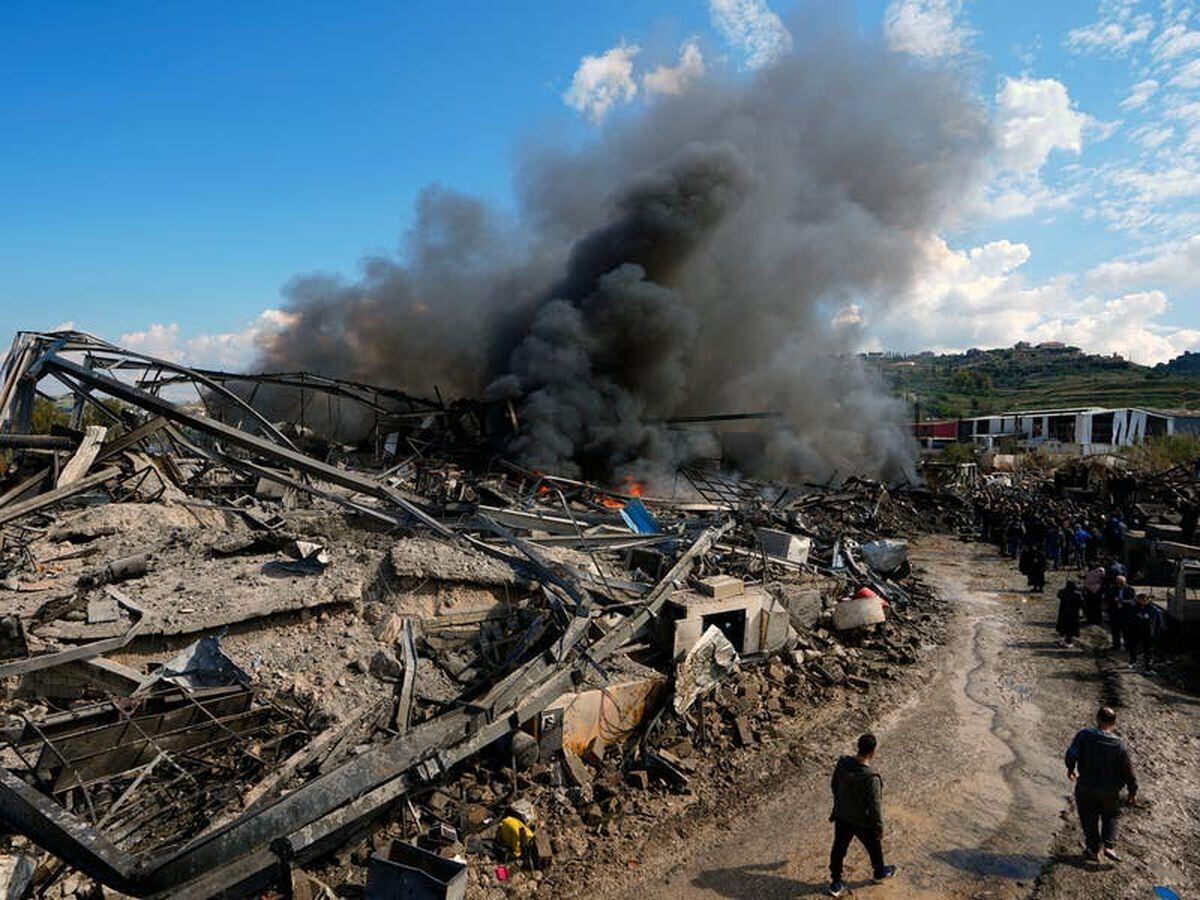
Israel's prime minister, Benjamin Netanyahu, has rejected a US-led ceasefire proposal and announced plans to continue fighting Hezbollah with full force. This comes after the IDF launched another airstrike on Beirut and claimed it killed the commander of Hezbollah's aerial forces. Netanyahu's statement was followed by confirmation from his foreign minister that there will be no ceasefire until victory is achieved and the displaced residents of the north can safely return to their homes. This comes after a joint statement from the US and other allies called for an immediate 21-day ceasefire in the Israel-Lebanon border conflict.
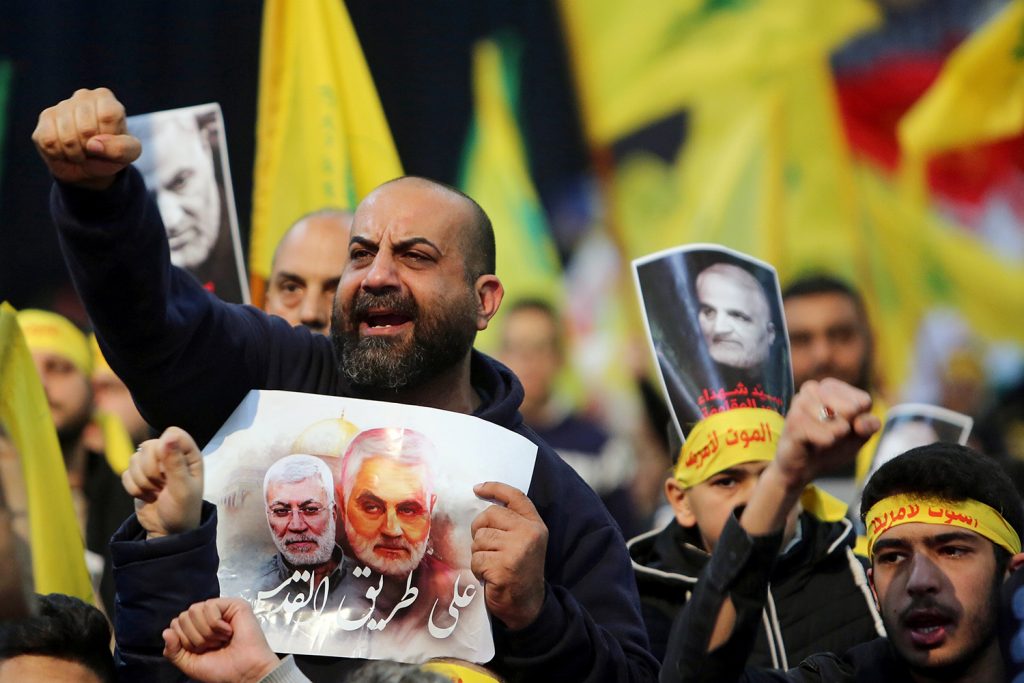
The international community is bracing for potential consequences following the announcement of Hezbollah leader Hassan Nasrallah's assassination in an Israeli air strike on a suburb of Beirut. Countries like the United States and Iran, which finances and arms the militant group, have expressed their concerns and warned of further conflict in the already volatile Middle East region. Even as Hezbollah has vowed to continue its work, the death of its chief has heightened fears of an all-out war in the region.
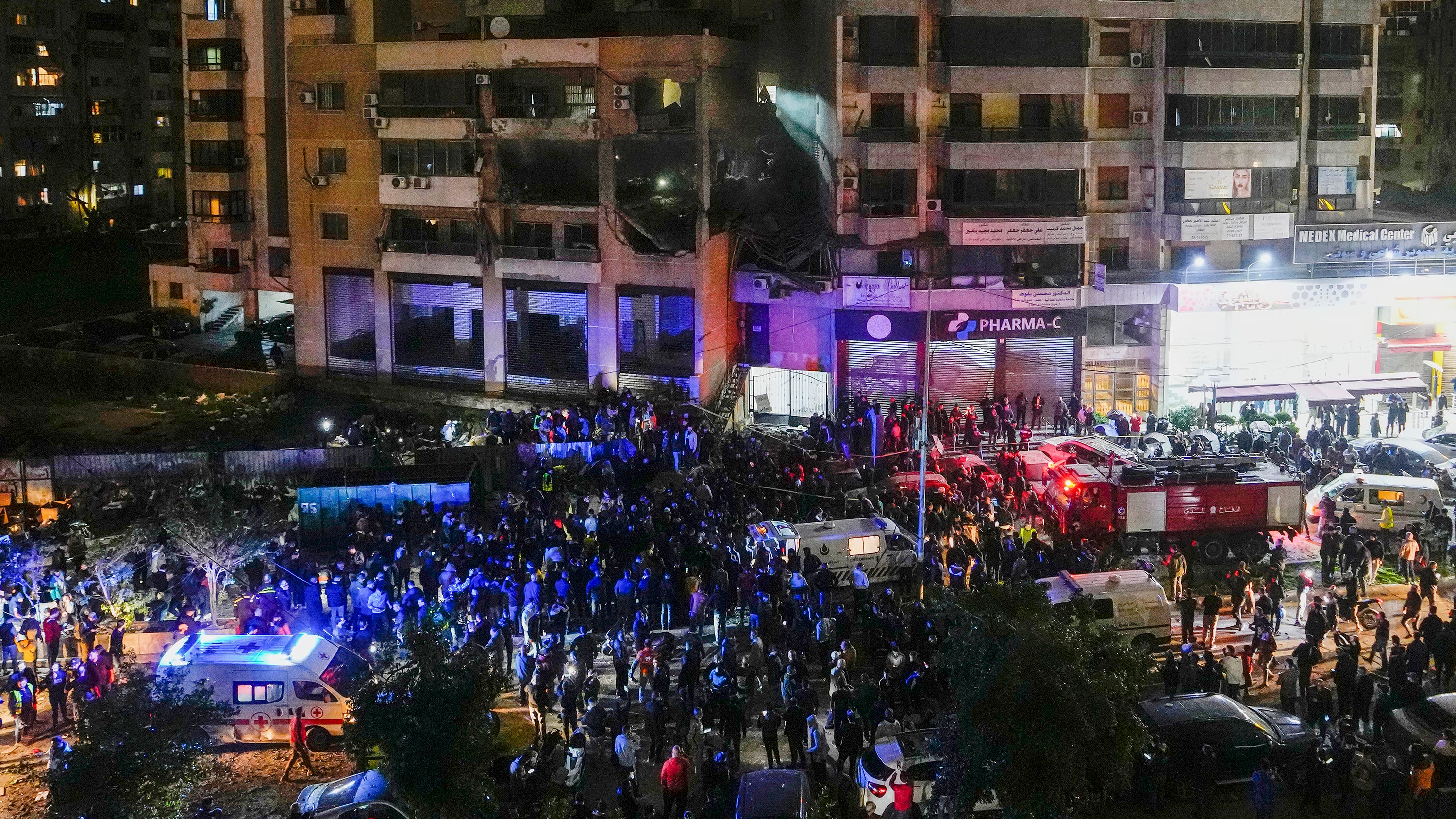
In an airstrike on Beirut, the Israeli military has announced the killing of Hezbollah leader Hassan Nasrallah. With intense rocket fire by the group into northern Israel, the Israeli defense forces targeted dozens of Hezbollah sites in eastern and southern Lebanon, ultimately resulting in Nasrallah's death. This strike comes as Israel's retaliation for the continued aggression and violence from Hezbollah.
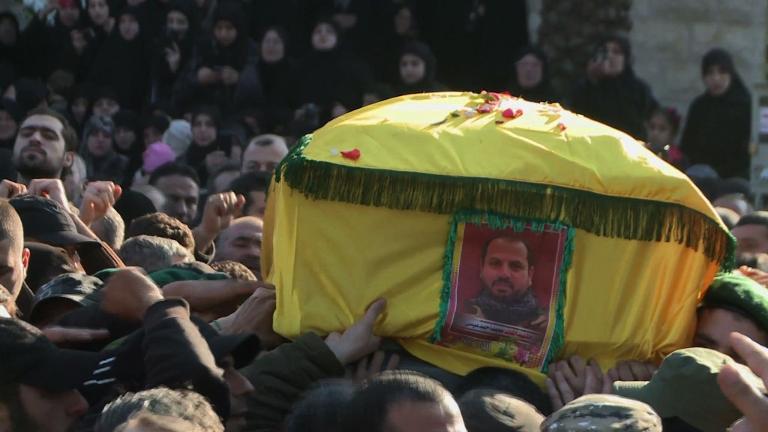
After a series of Israeli air strikes on Beirut, the leader of Hezbollah, Hassan Nasrallah, has been confirmed dead by the militant group. The strikes, which were claimed as a victory by Israel, have left the West feeling powerless and on edge. In tribute to the late leader, let's take a look back at some of Dame Maggie Smith's most iconic roles, from Professor McGonagall to Miss Jean Brodie.
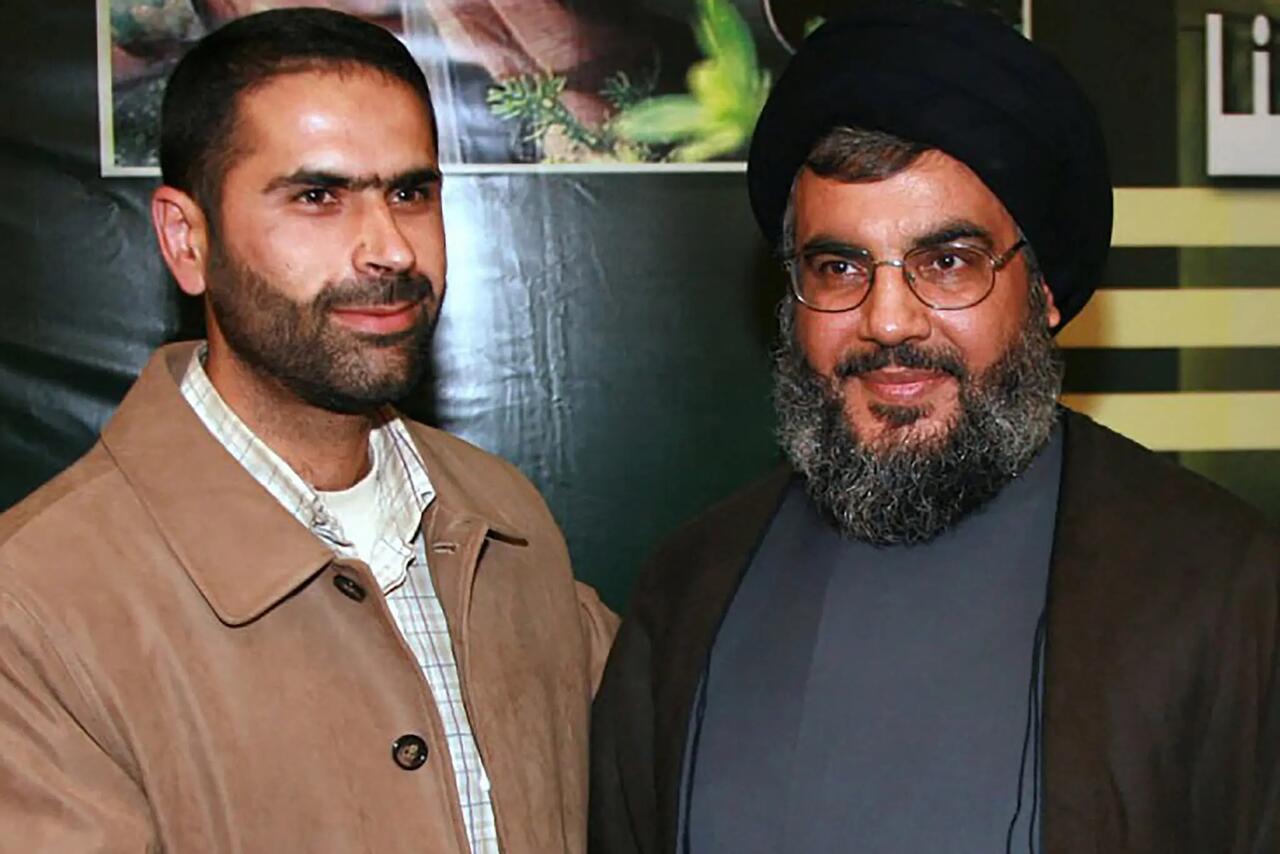
After 32 years of leading Hezbollah, Hassan Nasrallah was killed in a targeted Israeli Air Strike on the group's central headquarters in Beirut. The strike, authorized by Prime Minister Benjamin Netanyahu, was carried out after precise intelligence showed that Nasrallah and other senior Hezbollah commanders were actively planning terrorist activities against Israel. The Israeli military confirmed Nasrallah's death, stating that he was responsible for the deaths of many Israeli civilians and soldiers during his reign as Hezbollah's Secretary-General.
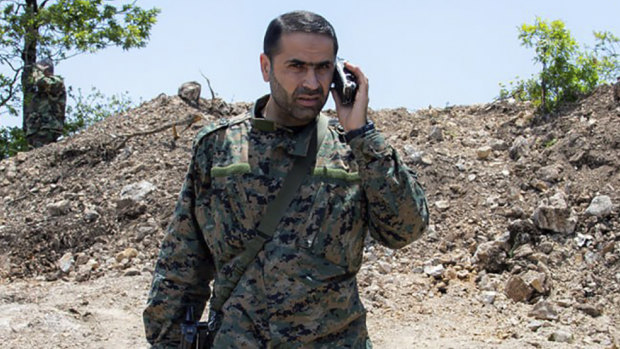
The IDF has announced that they killed Hezbollah leader Hassan Nasrallah, along with two senior commanders, in airstrikes on Beirut. IDF Chief of Staff, Lt Gen. Herzi Halevi, stated that this was in response to repeated attacks on Israel orchestrated by these individuals. This move follows the recent elimination of another top Hezbollah commander. In a clear message, Lt Gen. Halevi stated that anyone who threatens Israeli citizens will be targeted.